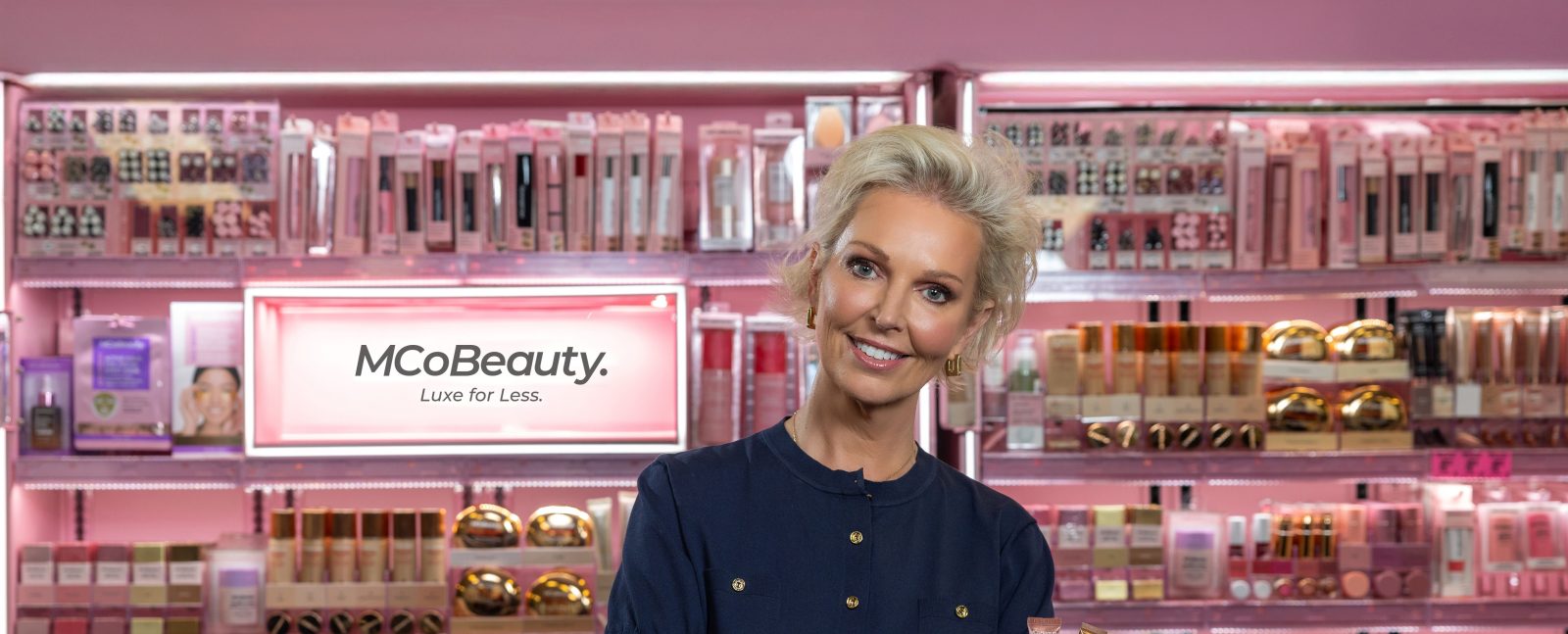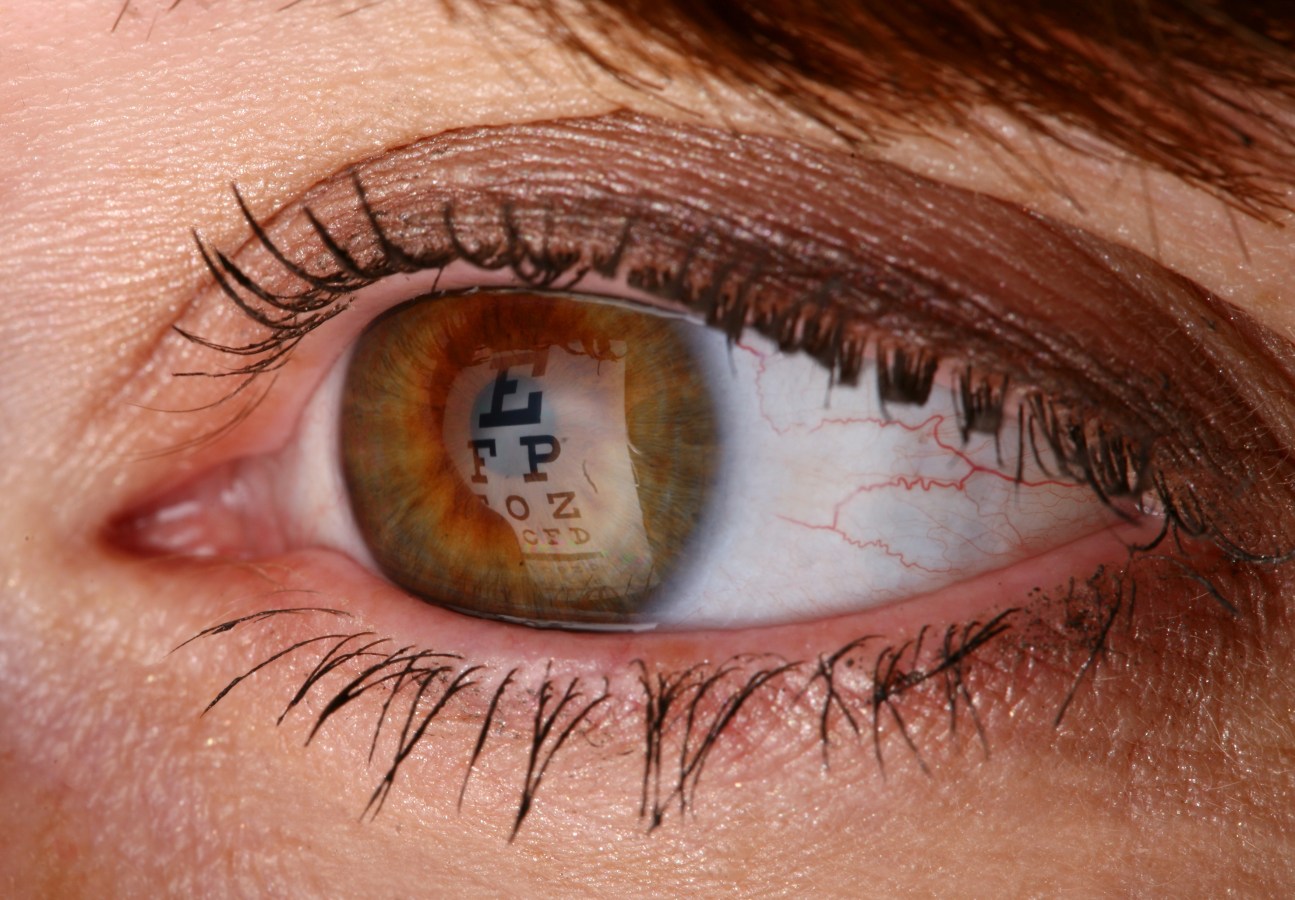Jake Paco’s streetwear brand Geedup launched in 2010 out of Western Sydney. Today, it’s a global brand with a cult-like following, and Paco’s branding and hype marketing tactics have led the fashion label to $20 million in annual sales and net profits of $6 million.
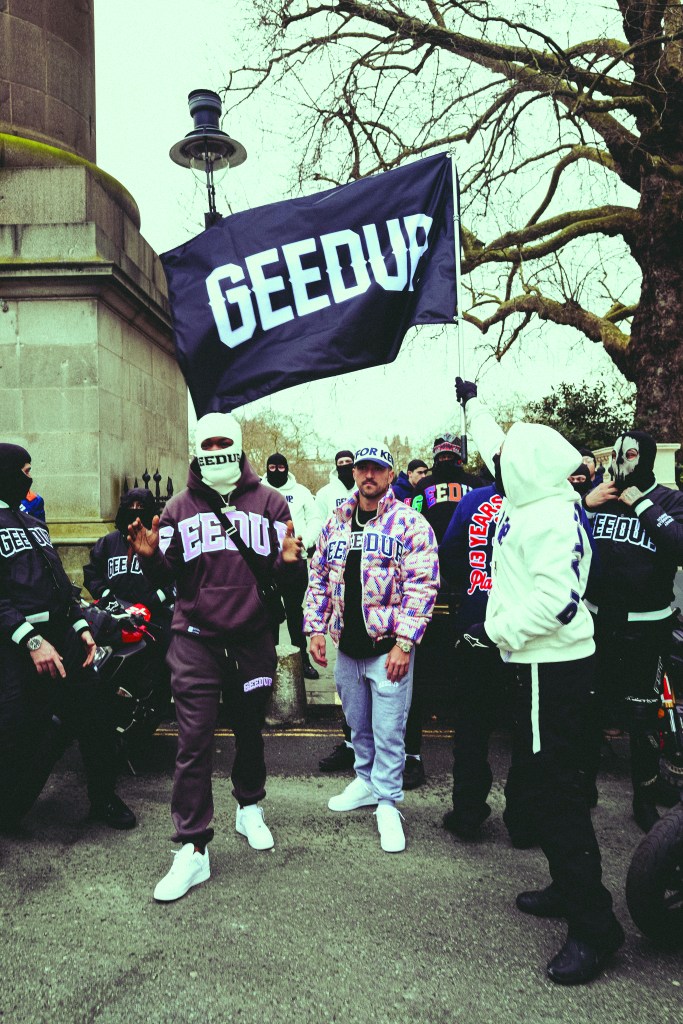
This article was featured in Issue 10 of Forbes Australia. Tap here to secure your copy.
Jake Paco’s decked out head-to-toe in his own Geedup gear, with a matching snakeskin-print bucket hat and jacket in front of a giant neon Geedup sign and printouts of future designs. Paco has just returned from a stint in New York overseeing the brand’s recent activations. That’s code for sell-out events, which the company’s branding team thought up to build loyal customers.
“New York Fashion Week cost me $500,000, and my consultant here said to me, ‘How are we going to make that worth it?’ I said, ‘Trust me, it’ll be worth it’,” Paco says. “And it was.”
The company held a NYFW pop-up last year to celebrate the launch of the new collection with drinks, music and a full performance by rapper Fat Joe. “We had 4,500 people out on the street trying to get into the venue. They couldn’t because the venue could only hold 300 people, but that was the plan – to get them pissed off. That’s how you keep them on the hook.”
Across 2023, the streetwear label founded in Western Sydney in 2010 turned over $20 million in sales and net profits of $6 million. As the global streetwear market is predicted to reach US$231 billion next year, Paco expects sales to jump by 50% this calendar year, net profits to top $10 million, and his team to grow by about 40.
And the founder plans to do that, not through larger collections but via global expansion. The company is focused on building its presence and communities in the United States and the United Kingdom. Then, it plans to take on Europe and Africa, starting with Nigeria.
“There’s a huge streetwear scene in Nigeria and a massive Afrobeats music scene. It’s a massive continent – the glove fits,” he says. Paco’s cavalier about the company’s growth, but the founder, reportedly worth $60 million in 2023, says he’s always had a vision to become a household name.
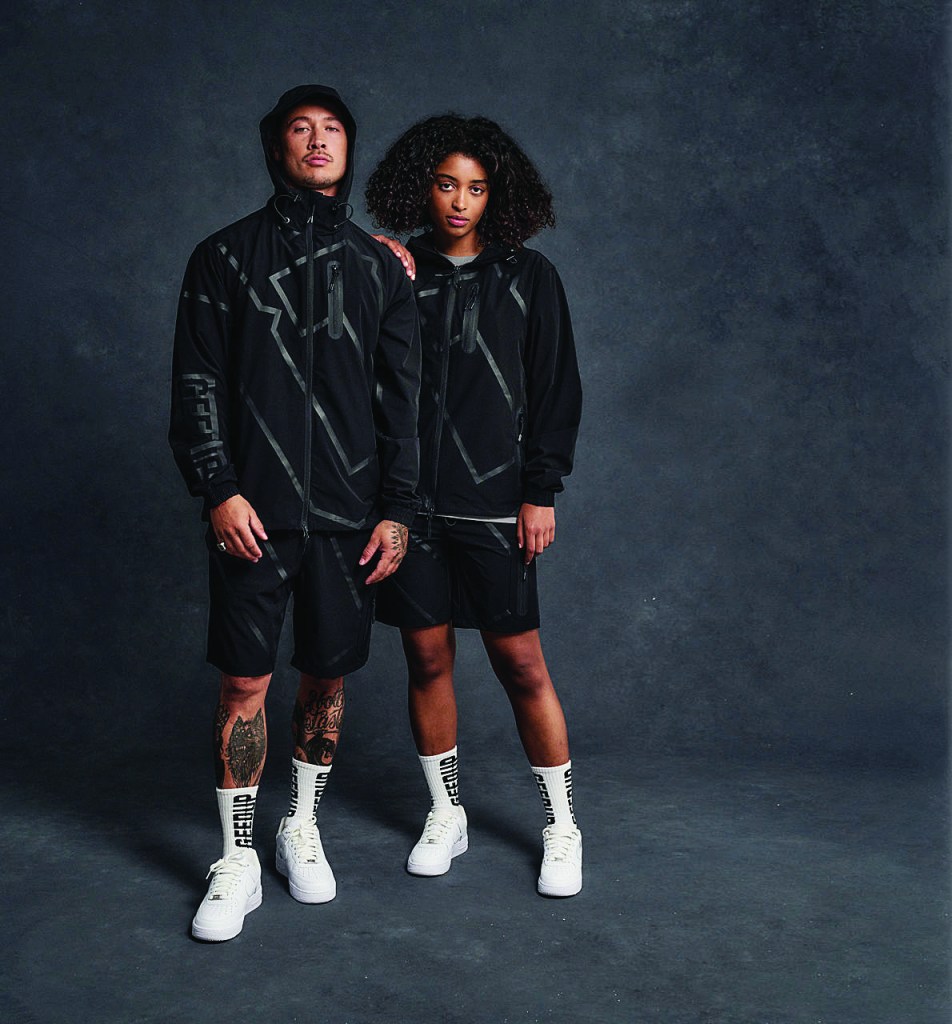
“There’s always been logic,” he says. “I did trip, fall and crawl my way to the position I’m in today, but there’s always been a method to the madness.”
Paco had a rough childhood. He grew up without a father and says he sought masculine energy elsewhere – older friends and sometimes criminals. “I attached myself to the criminal world for the camaraderie, the absolute, undying loyalty that a lot of those men have. And the sense of belonging.”
All but expelled from the 10th grade, Paco picked up removalist work in his teens to pay for a graphic design course. He’d loved graffiti and felt he could learn a thing or two from a course.
“That course was an absolute waste of time,” he says. But, it did land him his first job, then his second. In the meantime, Paco and his brother Beau Saywell noticed a trend: deadstock basketball jerseys and snapback caps made a resurgence in the streetwear space, and so the pair decided to start a side hustle. They set up an online shop and a Facebook page under the name Geedup.com.au and started selling. About 90 days into the journey, the pair were hit with a cease-and-desist from Mitchell & Ness and Adidas.
Of course, there were people who would jump ship because of the hoops they had to get through, but they’re not the customers we want involved with the brand. So, this idea of exclusivity and people missing out has always been there.
Jake Paco, founder, Geedup
“Lo and behold, we were selling fake deadstock basketball jerseys. Not to our knowledge, we were just two young brothers. We landed in hot water, but we made contact, and they soon realised we meant no harm,” Paco says.
But that Facebook page had amassed a community of about 1,000, so Paco decided to capitalise on it. He designed an image of rapper Eazy E wearing a t-shirt with a superimposed Geedup logo, then stuck that on a grey crew neck sweater and offered it up for pre-order. He went on his lunch break and returned to 11 orders at $90 a pop. He quit his job the next day.
By 2012, a friend offered Paco the remainder of his lease on a retail store in Westfield Paramatta. He took it and opened his first bricks-and-mortar location. But things weren’t going well financially – Westfield eventually shut the store over a lease breach – or personally. Paco had been kicked out of home and was sleeping in his Alexandria office with his dog.
“That time of my life is a blur. I was young, fresh out of home, and had opened a store before I even had a place to live.”
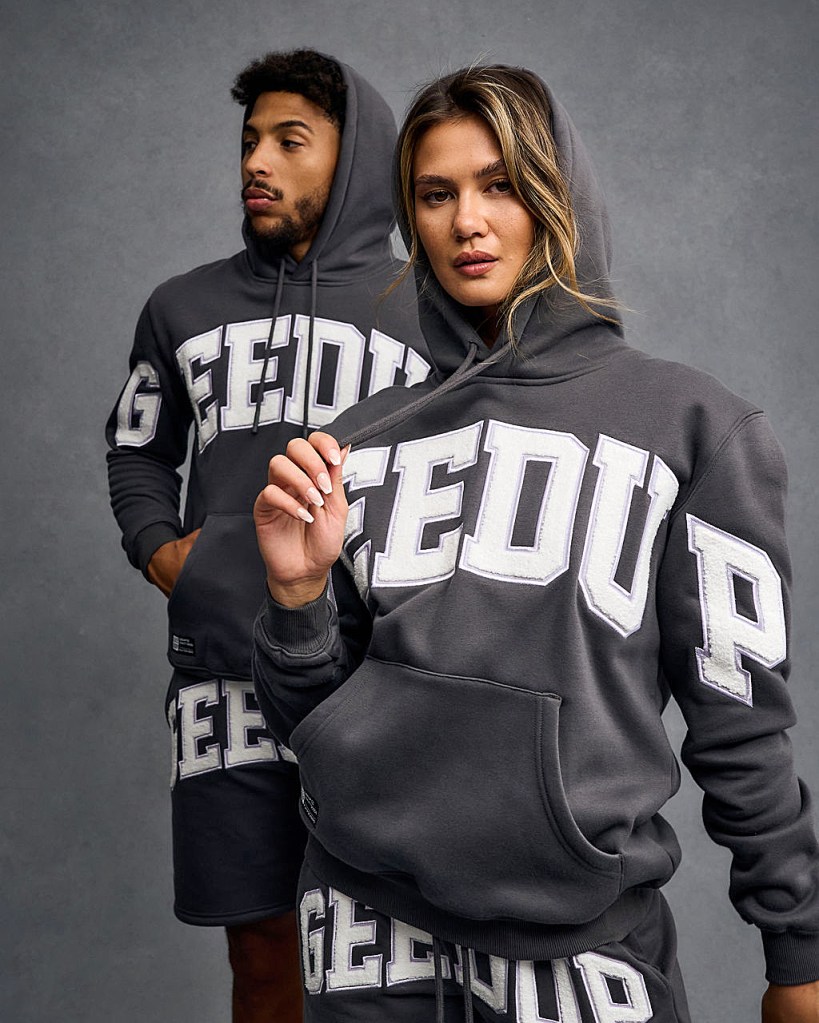
“Would I have been more comfortable financially in a three-bedroom, single-story home? Yeah, 100%. But what’s there to brag about? How does that give anyone from the West any inspiration? I had a lot of eyes on me, so it was all planned.”
As Geedup ventures into the world, it’s bringing on industry experts to help extend its reach. The company recently hired AJ Corleone, who worked for streetwear label and Geedup’s inspiration, Crooks & Castles, to manage the brand in the US.
“We did our first $20 million two years ago, and around that time, I realised I had the capital to go global, and he [AJ] was my first call. He understood the blueprint, and replicated what we did in Australia out in North America. He worked with charity organisations and built the network, and we’re doing the same in the UK and Nigeria.”
It’s this brand-first mentality that Paco claims has led to Geedup’s success. Paco deliberately limits access to the brand, not by price point (many of Geedup’s items sit at the $ 170 mark), but to stock, its events and activations. Like the Mercer Street pop-up, Paco’s been known to oversell event tickets just to refund customers and keep them guessing. Since the company’s relaunch in 2019, there has been a strict no-restock policy – once it’s sold out, it’s off shelves forever. Then, it’s up to the resale market.
But Paco is all about image. Even with limited funds coming in, he managed to nab a double-story, four-bedroom rental property that set him back $1,800 a week. But Geedup’s Instagram (which now boasts 240,000 followers) was beginning to take off.
This plays into the new trend of hype commerce and drop culture employed by streetwear giants like Off-White, which launched in 2012, and Supreme. Prices are affordable – for example, most Supreme graphic t-shirts range from about US$40 to US$50 – but the amount is limited.
We all long to be a part of something. The clothes are just the by-product.
Jake Paco, founder, Geedup
“There was a time where I would sift through the orders and intentionally cancel orders if I didn’t like the look of you,” Paco says.
“Do we do that today? No, we have 10 to 15,000 orders coming through in 45 minutes. It’s just not feasible. Of course, there were people who would jump ship because of the hoops they had to get through, but they’re not the customers we want involved with the brand. So, this idea of exclusivity and people missing out has always been there.”
Paco’s also deliberate about who he partners and collaborates with. In January, the company launched a campaign, ‘Proud to be a Problem’, with UFC Light Heavyweight and mixed martial artist Tyson Pedro. Both have Western Sydney roots and say they dared to dream.
“Working with the Geedup crew was a breeze and something I thoroughly enjoyed. Not only do I love their gear, but the boys were born and raised in the area. The alignment couldn’t have been more perfect,” Pedro says.
The brand also doesn’t engage in email marketing, save for an email ahead of a launch like that with a lookbook so customers can see what’s about to drop. But Paco believes “zigging when others are zagging” has been key to the company’s success: that and the fact he’s selling a culture.
“We all long to be a part of something. The clothes are just the by-product.”
Look back on the week that was with hand-picked articles from Australia and around the world. Sign up to the Forbes Australia newsletter here or become a member here.

